
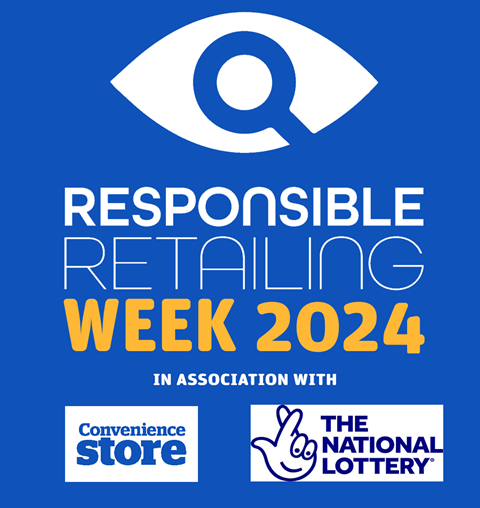
Retail crime is an ongoing challenge that we are all too familiar with. From shoplifting and violence and abuse against staff to organised retail crime, these incidents result in financial losses, business disruption, and heightened concerns for employees and customers alike.
As part of Safer Business Action Week, Nisa retailers Prem Uthayakumaran, Benedict Selvaratnam and Amit Puntambekar highlight the proactive measures they are taking to tackle these pressing concerns head on.
Collaboration with the Community and Local Police
Strong partnerships between retailers and local law enforcement are proving crucial in combatting retail crime, according to Prem Uthayakumaran.
Prem operates several sites in Nottinghamshire and has led efforts to engage with law enforcement. “We’ve engaged the police directly, presenting the issues and putting forward an agreed plan. This includes conducting assessments and only reporting incidents that meet a certain threshold,” he says. These actions have led to arrests and greater community awareness, resulting in a notable reduction in crime.
By working closely with police forces, retailers gain access to additional resources, helping them prevent criminal activity and protect their stores, Nisa explains.
Retailers are also contributing to the community as part of their crime prevention efforts including Benedict Selvaratnam, owner of Freshfields Market in Croydon. Benedict is working with local organisations such as food banks and the Salvation Army to address the social issues underlying petty crime. “It’s about more than just preventing crime; we want to be part of the solution,” he says. He also emphasises the value of community watch programmes to keep retailers informed about local crime trends.
Investment in Security Technology
Modern security systems can play a “vital role” in deterring and addressing retail crime, but these measures can be costly. Amit Puntambekar, a retailer in Cambridgeshire, has invested in advanced camera systems but still faces challenges. “The scale of retail crime is astonishing. My store is losing between £10-20K annually to theft. Even with no blind spots, it’s incredibly challenging to catch offenders,” he shares.
Other retailers, like Benedict, have enhanced security further by upgrading CCTV systems, installing panic buttons, and training staff to identify suspicious behaviour. “We’ve implemented a customer engagement strategy, where our team maintains a visible presence on the shop floor, not only to offer assistance but also to create a positive and welcoming atmosphere that acts as a deterrent to crime,” he adds.
Staff Training
Employees are the frontline defence against retail crime. Properly trained staff can effectively identify and respond to suspicious activity, Prem explains. He has made staff training a priority: “Our staff have undergone extensive training on reporting crimes and following up with police officers.”
Clear Anti-Theft Policies
Having a clear, written policy on theft is a powerful deterrent for Prem. When both customers and employees know that retail crime will not be tolerated, it can prevent potential incidents. Prem has introduced anti-theft posters in his stores to raise awareness: “We’ve put up awareness posters in our shops, asking customers to help locate shoplifters,” he says.
Peter Batt managing director of Nisa stresses the “huge issue” that retail crime still is: “Safer Business Action Week is an opportunity for retailers to talk collaboratively about what steps they’re taking to reduce it. By engaging with relevant stakeholders, improving store security, and addressing underlying social issues, retailers are making small but important changes to help create safer retail environments for both their staff and customers. We continue to urge the police to ensure independent retailers are not left behind in the race to tackle retail crime.”







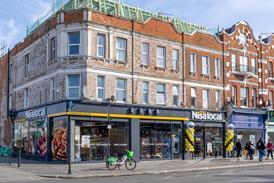
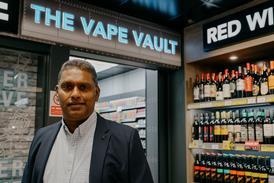








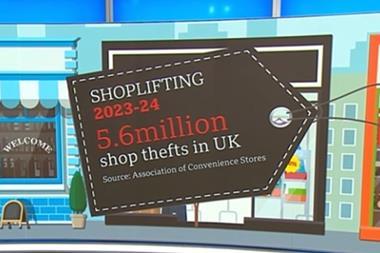


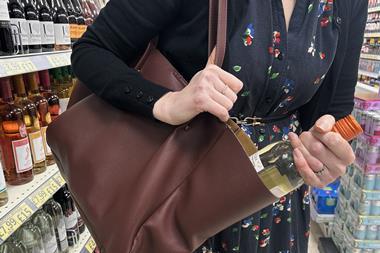


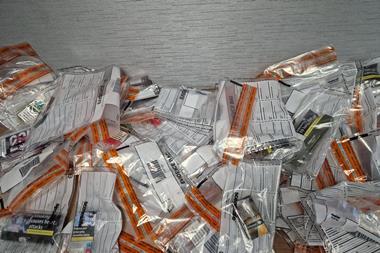




No comments yet